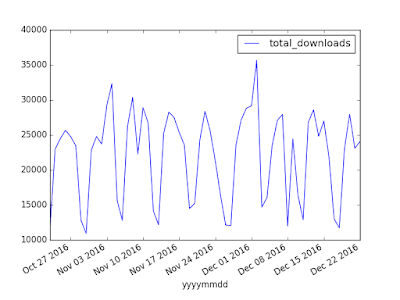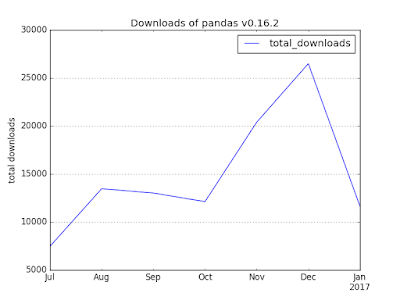No moar books!
This is the last blogpost among a series of 3, which list all the graphic novels that I read in the last 6 weeks, while I was visiting the Austin office of my company. Most of these books were suggested to me by my colleagues, something that really surprised me. I didn't know there were so many work colleagues who were into graphic novels and comic books. Joe The Barbarian - Is one of the best graphic novels I've read these past two months. It's the story of a hypoglycemic kid and it's wonderfully told. It's one that I recommend everyone read. Watchmen - You might've seen the movie. I liked the graphic novel better than the movie, even though the movie was on the back of my mind the whole time. I liked it better because of the full page scenes and how much deeper the story is, when compared to the movie. It's a classic and I'd definitely recommend it if you're interested in graphic novels. 300 - Again, you might've watched the movie. Ag...



